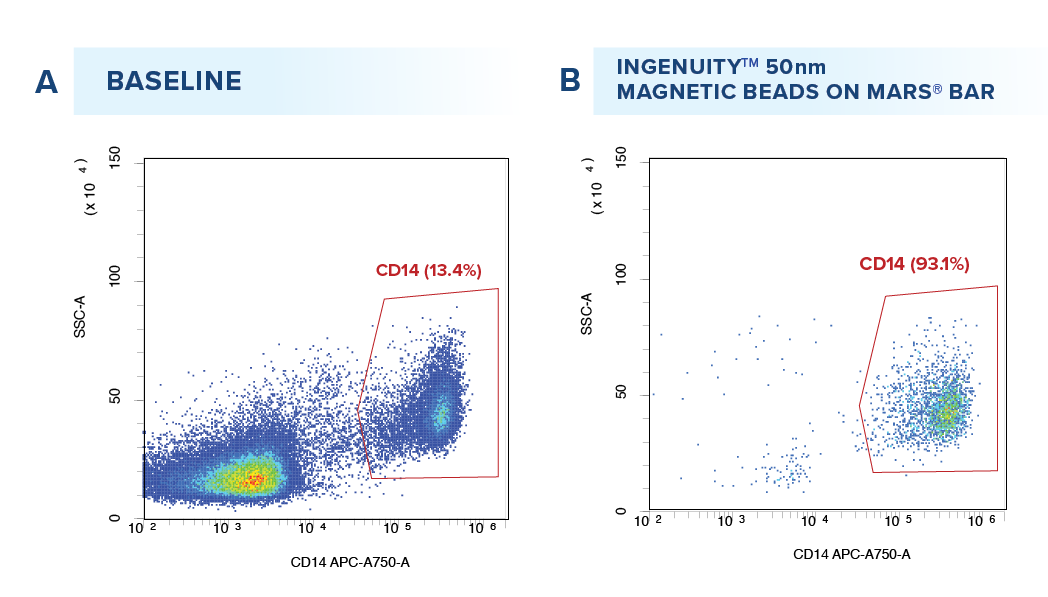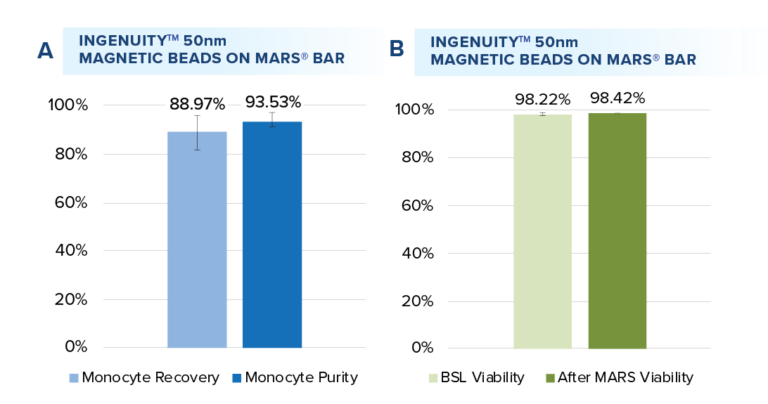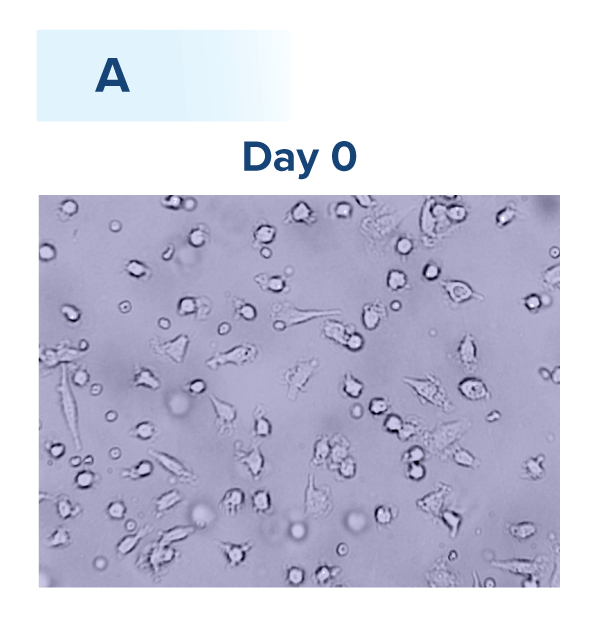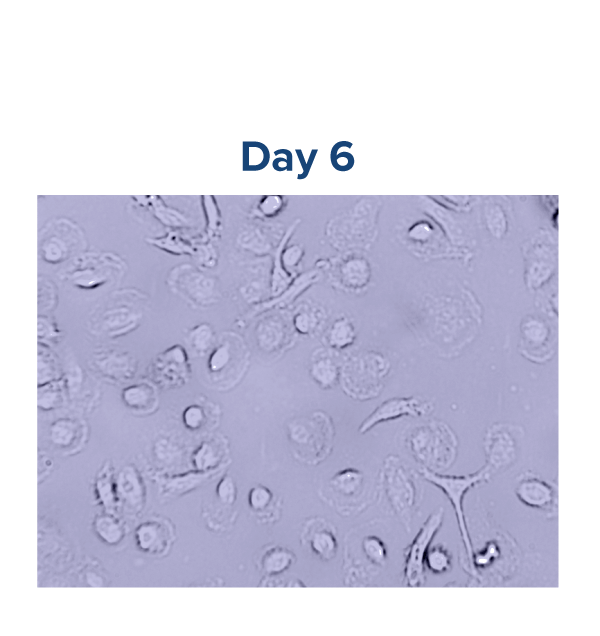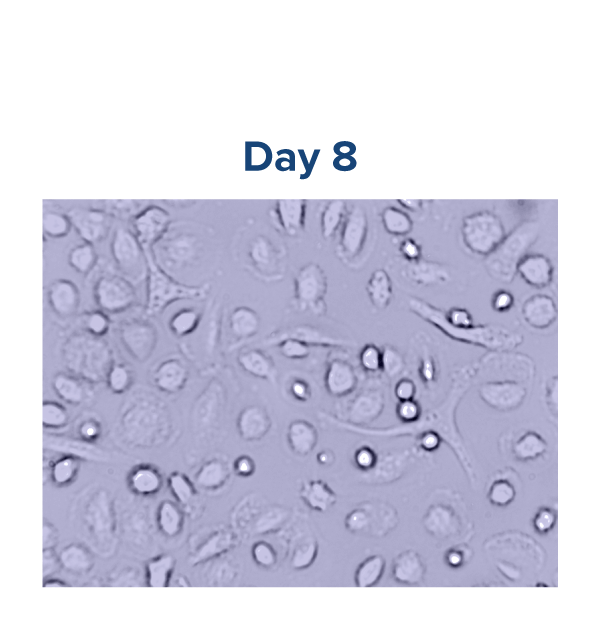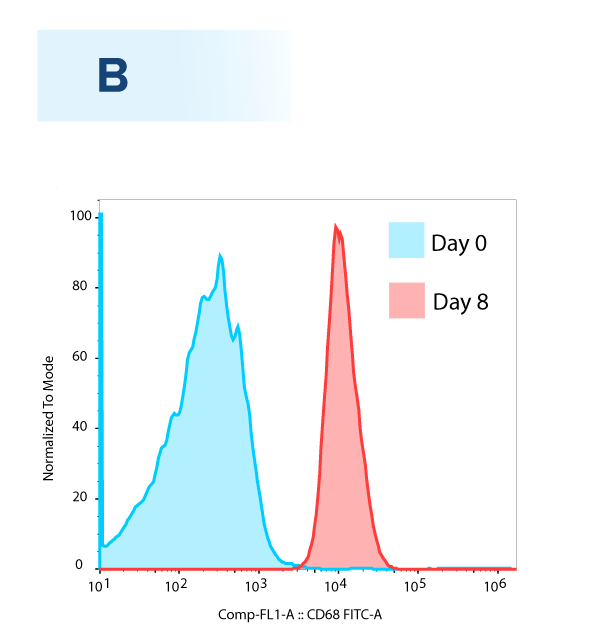CD14+ Monocyte Isolation
using 50nm Superparamagnetic IngenuityTM Beads
Revolutionizing Monocyte Isolation for Dendritic Cell and Macrophage Cell Therapy Development
Monocyte isolation stands as a pivotal step in the production of dendritic cells and macrophages for cutting-edge medical treatments. Monocytes, versatile immune cells derived from the bone marrow, serve as the precursor cells for both dendritic cells and macrophages, key players in regulating immune responses and combating diseases, including cancer.
As the demand for robust and reproducible isolation methods grows, so too do the challenges faced by researchers and clinicians in streamlining this process. Our innovative solution, leveraging Applied Cells IngenuityTM 50nm beads and the proprietary MARS® Bar automated system, offers a new approach to monocyte isolation, eliminating the need for column-based separations and ensuring efficiency and simplicity at every stage.

Monocytes were efficiently isolated from peripheral blood mononuclear cells (PBMC) without compromising viability on the MARS® Bar platform.
Monocytes were isolated via positive selection with no notable change in viability. Our results demonstrate (A) an average recovery rate of 88.97% of monocytes with a mean purity of 93.53%, starting from an average purity of 14.68%. (B) viability analysis pre and post-positive selection revealed no significant effect (P<0.5) on cell viability across four PBMC samples.
Enriched monocytes successfully differentiated into dendritic cells.
IngenuityTM 50nm CD14 beads enriched monocytes were cultured to generate dendritic cells, showcasing typical phenotypic characteristics of dendritic cells. Monocytes underwent isolation and an 8-day culture period in the presence of GM-CSF and IL4. By the eighth day of differentiation, monocytes isolated with IngenuityTM 50nm beads using MARS® Bar displayed a decrease in CD14 expression (A) and an increase in the expression of dendritic cell markers CD83 (B) and CD1c (C), compared to levels observed at day 0.Successful differentiation into macrophages.
Isolated monocytes underwent an 8-day culture in the presence of GM-CSF. By day 3 of differentiation, cells adopted the distinctive morphology of elongated macrophages originating from monocytes.
On days 6 and 8, these elongated macrophages demonstrated heightened adherence properties compared to day 3 (A). Additionally, our study observed an increase in the expression level of the macrophage marker CD68 by day 8 post-differentiation as compared to day 0 (B).
Download the new Application note
Dendritic cells and macrophages play a pivotal role in immune regulation and therapeutic applications, with dendritic cells widely employed in cancer treatment trials and ex vivo-generated macrophages utilized in clinical trials as cell-based therapies.
Our innovative Applied Cells IngenuityTM 50nm beads, together with our proprietary column-free MARS® Bar automated system, offer robust and reproducible monocyte isolation. Download our application note to learn more about the efficient isolation of CD14+ monocytes using our new Ingenuity 50nm reagents as well as other commercially available beads on MARS® Bar Platform.
Explore other MARS® Platform Applications
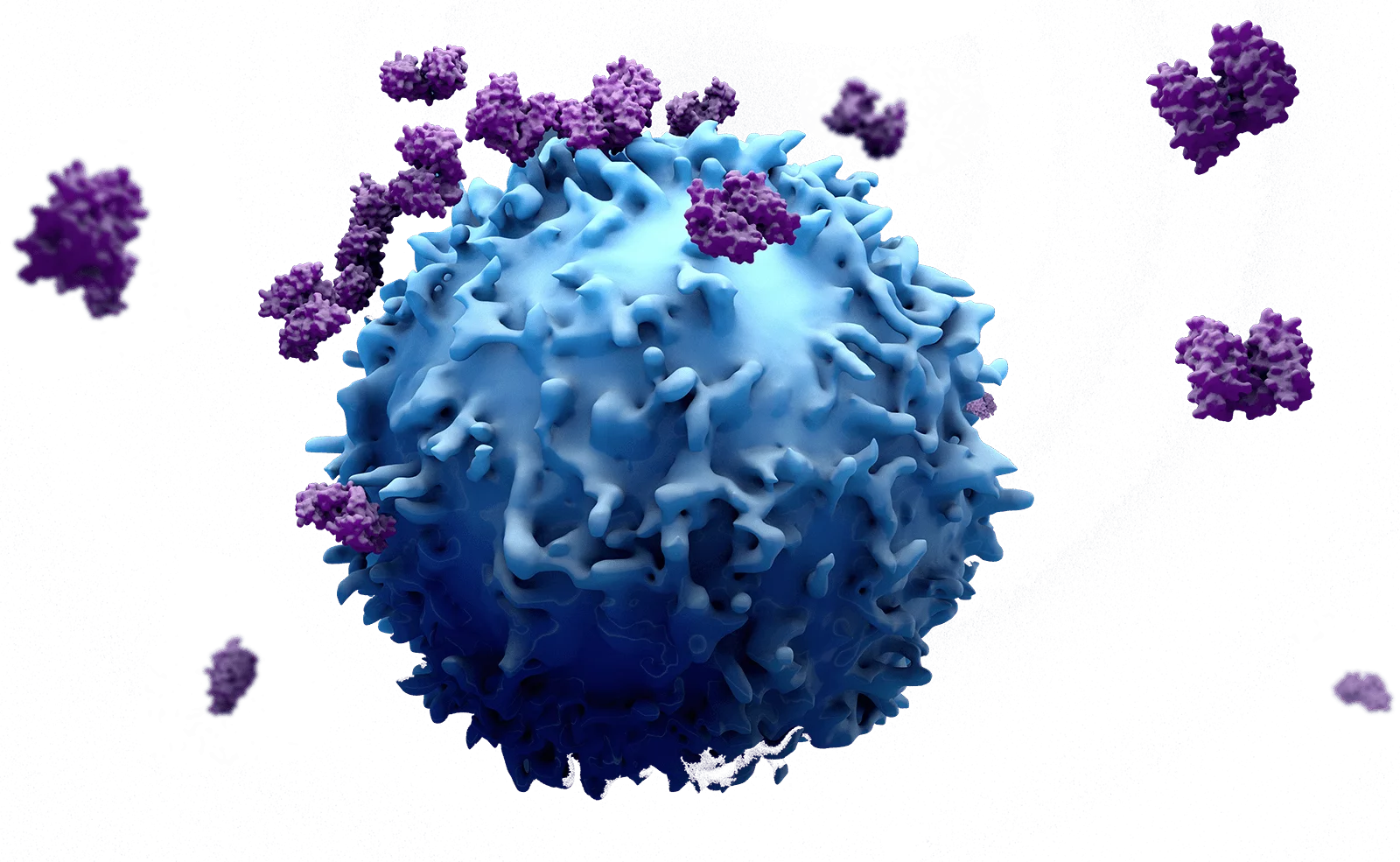
Target Cell Isolation
Choose one of MARS gentle, centrifuge-free and Ficoll-free workflows for immunoselection of TIL, T Cells, NK cells Neutrophils or Stem cells.
Explore other MARS® Platform Applications
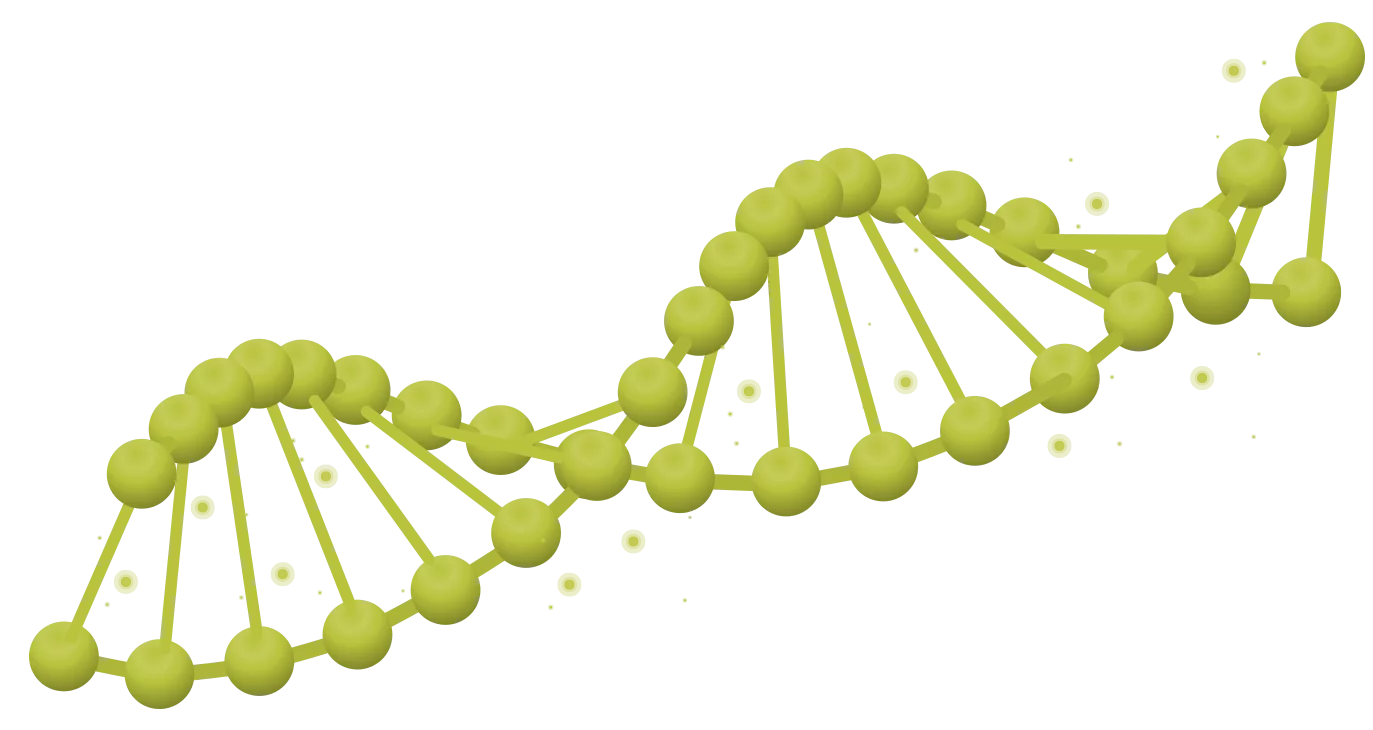
Cell and Nuclei Enrichment
Easy and fast debris removal to feed genomic platforms with enriched cells from samples including Whole Blood, tumor, PMBC, solid tissue and many others.

